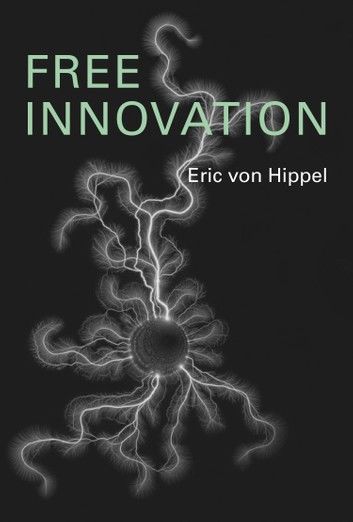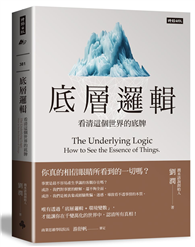| FindBook |
有 1 項符合
Free Innovation的圖書 |
 |
Free Innovation 作者:Eric Von Hippel 出版社:MIT Press 出版日期:2016-11-10 語言:英文 |
| 圖書選購 |
| 型式 | 價格 | 供應商 | 所屬目錄 | 電子書 |
$ 0 |
企業家精神與小型企業 |
|---|
| 圖書館借閱 |
| 國家圖書館 | 全國圖書書目資訊網 | 國立公共資訊圖書館 | 電子書服務平台 | MetaCat 跨館整合查詢 |
| 臺北市立圖書館 | 新北市立圖書館 | 基隆市公共圖書館 | 桃園市立圖書館 | 新竹縣公共圖書館 |
| 苗栗縣立圖書館 | 臺中市立圖書館 | 彰化縣公共圖書館 | 南投縣文化局 | 雲林縣公共圖書館 |
| 嘉義縣圖書館 | 臺南市立圖書館 | 高雄市立圖書館 | 屏東縣公共圖書館 | 宜蘭縣公共圖書館 |
| 花蓮縣文化局 | 臺東縣文化處 |
|
|
In this book, Eric von Hippel, author of the influential Democratizing Innovation, integrates new theory and research findings into the framework of a "free innovation paradigm." Free innovation, as he defines it, involves innovations developed by consumers who are self-rewarded for their efforts, and who give their designs away "for free." It is an inherently simple grassroots innovation process, unencumbered by compensated transactions and intellectual property rights.
Free innovation is already widespread in national economies and is steadily increasing in both scale and scope. Today, tens of millions of consumers are collectively spending tens of billions of dollars annually on innovation development. However, because free innovations are developed during consumers' unpaid, discretionary time and are given away rather than sold, their collective impact and value have until very recently been hidden from view. This has caused researchers, governments, and firms to focus too much on the Schumpeterian idea of innovation as a producer-dominated activity.
Free innovation has both advantages and drawbacks. Because free innovators are self-rewarded by such factors as personal utility, learning, and fun, they often pioneer new areas before producers see commercial potential. At the same time, because they give away their innovations, free innovators generally have very little incentive to invest in diffusing what they create, which reduces the social value of their efforts.
The best solution, von Hippel and his colleagues argue, is a division of labor between free innovators and producers, enabling each to do what they do best. The result will be both increased producer profits and increased social welfare -- a gain for all.
|



![念君歡卷四] 念君歡卷四]](https://cdn.kingstone.com.tw/book/images/product/20185/2018561884609/2018561884609m.jpg)







